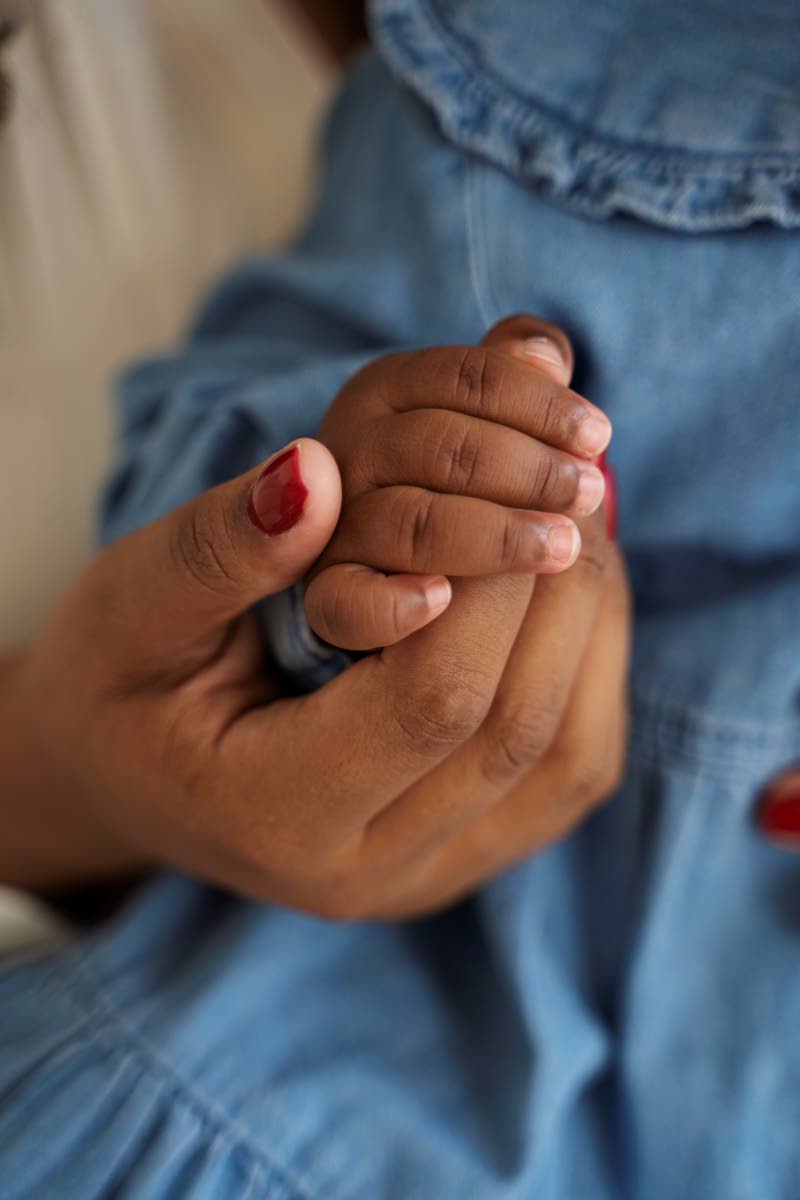A breast cancer diagnosis can feel like a life-altering setback, especially for women aspiring to start or expand their families. However, Dr. Rajen Rampaul, a renowned breast oncologist and reconstructive surgeon, offers a message of hope and empowerment. With nearly three decades of experience, Dr. Rampaul has dedicated his career to advancing women’s health and breast cancer care. As the medical director at Pink Hibiscus Breast Health Specialists, he leads one of the Caribbean’s premier centers for breast-related treatments, specializing in radioactive and oncoplastic surgeries—procedures recognized as the global gold standard.
Dr. Rampaul emphasizes that breast cancer does not mark the end of a woman’s dreams of motherhood. Advances in treatment and fertility preservation have made it increasingly safe for survivors to conceive and raise children. While breast cancer itself does not directly impact reproductive potential, the choice of treatment can significantly influence fertility. For instance, chemotherapy can affect ovarian cells, potentially impairing egg production, whereas radiation therapy, typically directed at the breast, does not harm fertility. Hormone therapy, however, can reduce estrogen levels, which are crucial for fertility and pregnancy.
To address these challenges, Dr. Rampaul highlights the importance of individualized fertility preservation strategies. Options include ovarian suppression, tissue freezing, and, in some cases, embryo harvesting. However, he cautions that time constraints often make embryo harvesting impractical for urgent cancer treatments. For women with hormone-positive cancers, ovarian stimulation is not recommended, but tissue freezing remains a viable option.
Pregnancy after breast cancer requires careful planning and medical supervision. Dr. Rampaul advises waiting at least five years post-treatment, though this timeline must consider the patient’s age and cancer type. Hormone-positive cancers pose a higher risk of recurrence during pregnancy due to elevated estrogen levels, whereas hormone-negative cancers do not carry this risk. Breastfeeding after treatment depends on the type of surgery and whether radiation was involved. While mastectomy or radiation may limit breastfeeding ability, it does not affect a woman’s capacity to conceive or deliver a healthy baby.
Dr. Rampaul underscores the importance of emotional and psychological support for breast cancer survivors. He encourages women to seek comprehensive counseling and utilize growing online support systems. ‘Our role as medical practitioners is to help patients achieve a full and beautiful life, which includes the possibility of motherhood,’ he says. With modern medical advancements and compassionate care, breast cancer survivors can confidently pursue their dreams of starting or growing their families.
